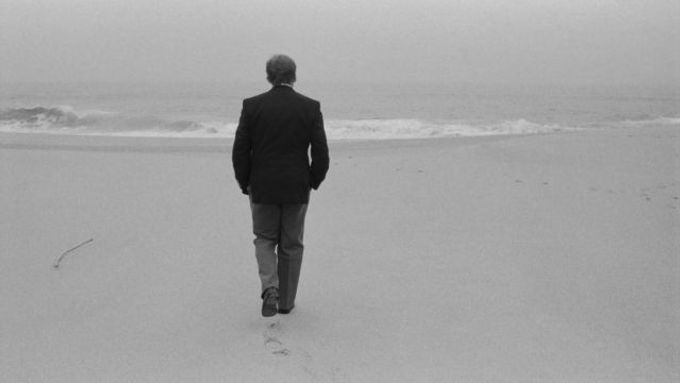Prague - Former Czechoslovak and Czech President Václav Havel, who died yesterday at the age of 75, will be remembered by the world above all for his consistent defense of freedom and human rights.
The peak of his career was the NATO summit in 2002 -- the event was held in Prague, out of the respect the Czech president had among the leaders of NATO member states.
The summit took place on 22 November, only a few days after the 13th anniversary of the Czechoslovak Velvet Revolution.
Western statesmen thus symbolically acknowledged the merits of the playwright, intellectual and dissident who had symbolized and led the democratization and peaceful transition of power in communist Czechoslovakia in 1989.
Former Czech president Vaclav Havel dies at 75
Together with Poland's Lech Walesa, Václav Havel quickly became internationally-beloved symbol of the fall of the Iron Curtain. London Times referred to him, without any irony, as a "philosopher-king".
Thirteen years later, the NATO summit presented the Czech Republic as a trustworthy and confident member of the international community.
The Prague NATO summit overshadowed even the disintegration of Czechoslovakia into two successor states in 1993, something that can be regarded as Havel's political failure. But still, even if one sees it that way, the peaceful dissolution of the federal state of Czechs and Slovaks was in stark contrast to the violent ethnic conflicts taking place at that time in the Western Balkans and Caucasus.
After the dissolution of Czechoslovakia, Havel became the president of the Czech Republic, backing the legitimacy and the pro-Western orientation of the successor state with his international fame.
In 1999, the Czech Republic together with Poland and Hungary entered the NATO. In 2001, the alliance approved its largest one-time enlargement in its history, when seven Eastern European states became members -- a step strongly supported by Havel.
In his summit speech in 2002, Havel repeated what can be considered his life-long message: "Human life, human freedom and human dignity are higher values than state sovereignty."
Havel said this to defend the NATO military intervention in Kosovo in 1999, but it also summed up his general philosophy.
The photo introducing this article, in a symbolic way, does the same. It was taken in 1990, one year after the revolution. The picture caught Václav Havel walking towards the sea at Portugal's Cabo da Roca, the westernmost part of Europe. He is walking west, in the same direction in which he led the whole country -- not only towards the membership in organizations such as the NATO or EU, but more importantly towards the Western ideas of individual freedom, human rights and civil society.








